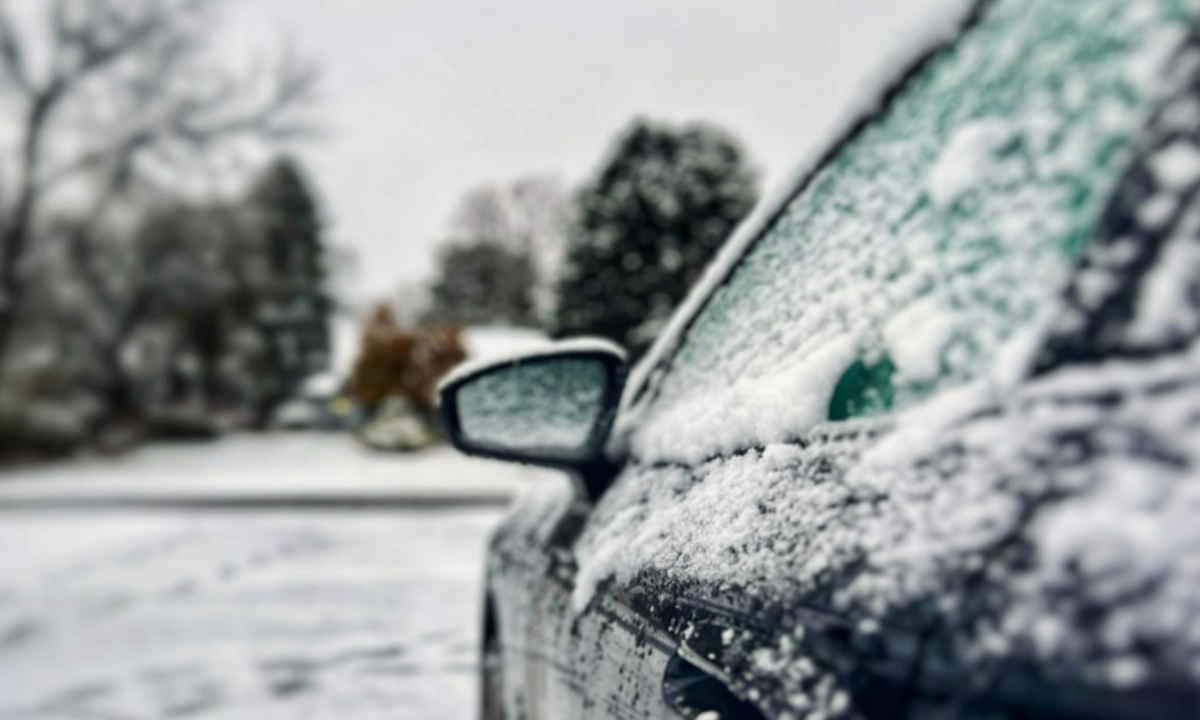As temperatures drop and winter takes hold, taking care of yourself and your vehicle becomes even more important. New Jersey, known for its cold winters, is experiencing some of its chilliest weather in years, with biting winds and snow adding to the arctic feel. While preparing your car for winter is crucial, knowing what not to leave in your vehicle during cold weather can save you from inconvenience, damage, or even dangerous situations.
1. Medication
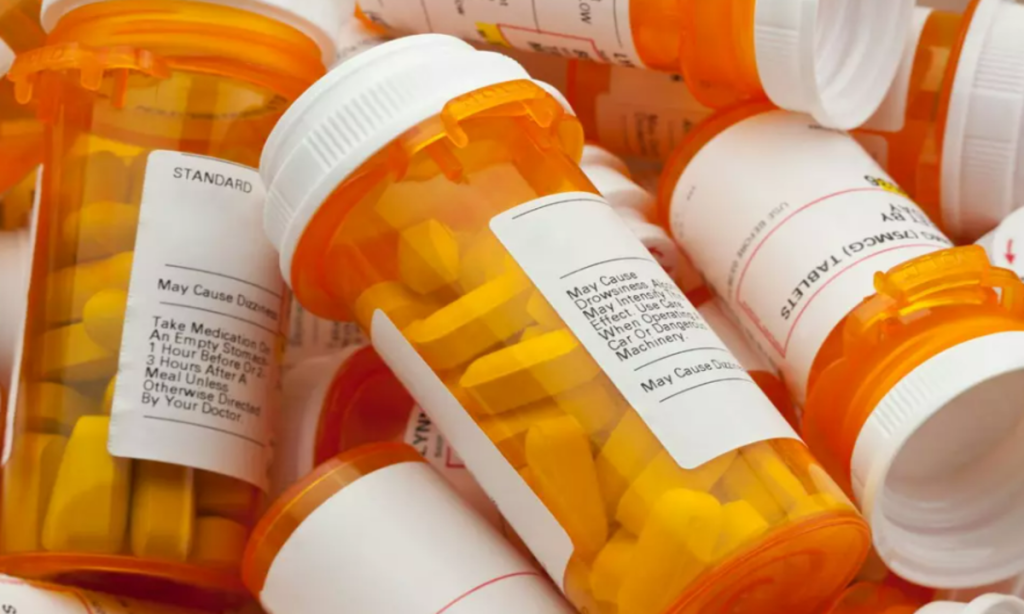
Extreme cold can reduce the effectiveness of many medicines. Insulin, for example, can freeze and lose its efficacy. Always carry your medications with you rather than leaving them in your car.
2. Canned Goods
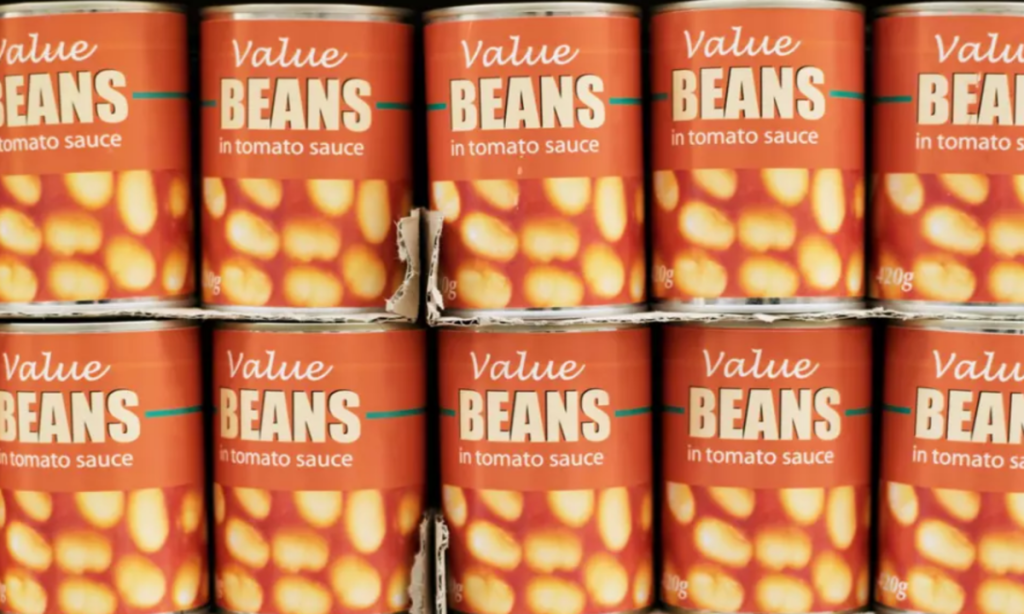
Freezing temperatures can cause the contents of canned goods to expand and the cans to burst. This not only creates a mess but can also render the food unsafe to consume.
3. Electronics
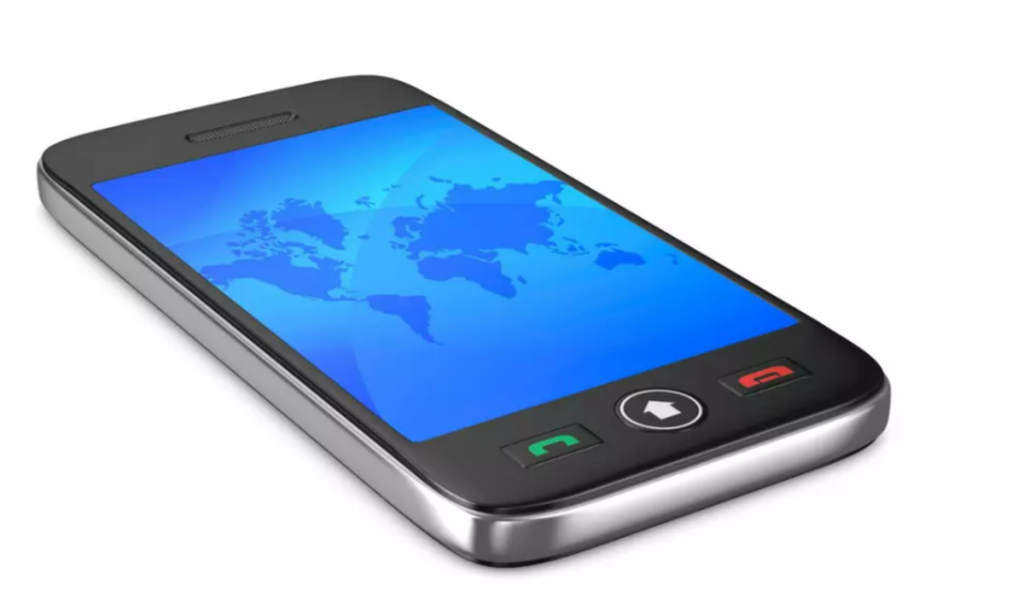
Leaving electronics like laptops, cell phones, or gaming devices in a cold car can drain their batteries or damage internal components. It’s best to bring them inside or keep a charging cable handy for emergencies.
4. Eyeglasses and Sunglasses
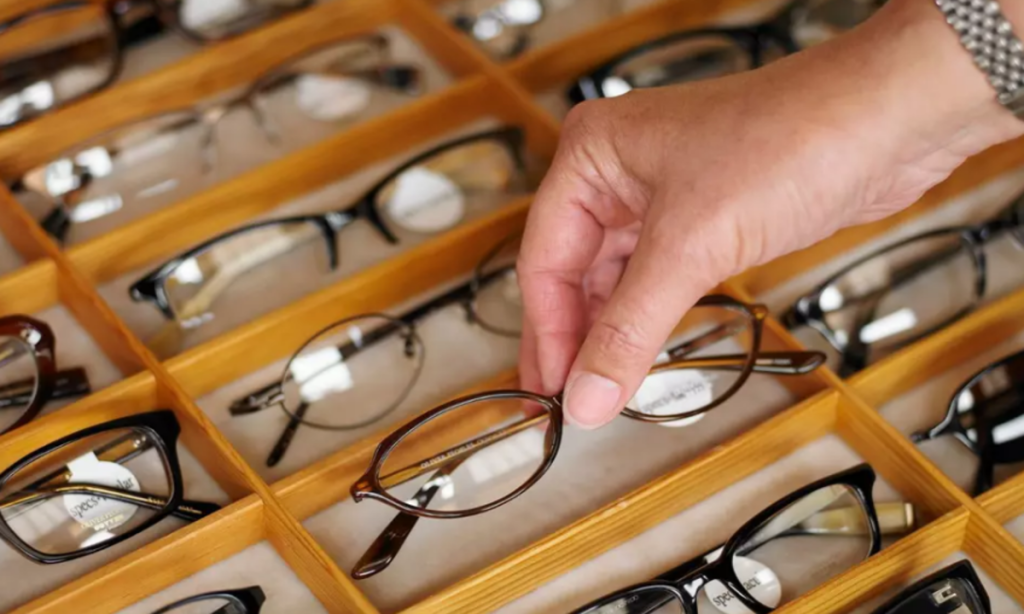
Cold weather can make the plastic in glasses frames brittle, causing them to crack or break. Even if stored in a protective case, the extreme cold can still affect them.
5. Children

Just as you wouldn’t leave children or pets in a hot car, never leave them in a cold vehicle. Cars lose heat quickly in freezing temperatures, increasing the risk of hypothermia and frostbite.
6. Musical Instruments

If you or your child plays a musical instrument, avoid leaving it in a cold car. Woodwind instruments like clarinets can crack, and brass instruments can lose their sound quality when exposed to freezing temperatures.
7. Beauty Products

Many beauty products, such as creams, shampoos, and conditioners, are water-based and can freeze in cold weather. This can alter their texture, consistency, and effectiveness.
8. Headphones
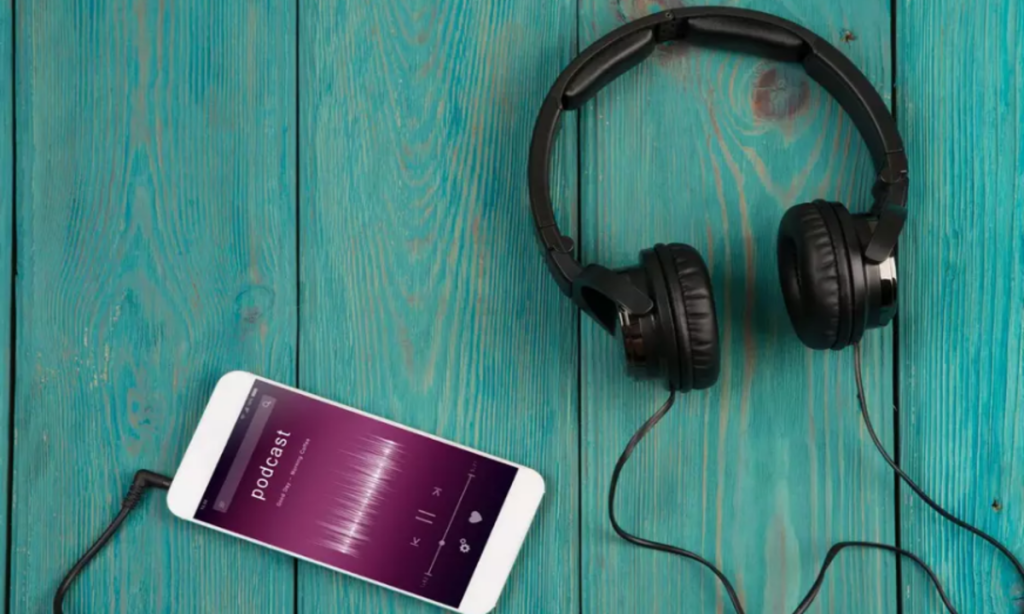
Wireless headphones with lithium-ion batteries can drain quickly in the cold, while wired headphones’ plastic insulation and cables can become brittle and snap. Store them indoors for better longevity.
9. Paint
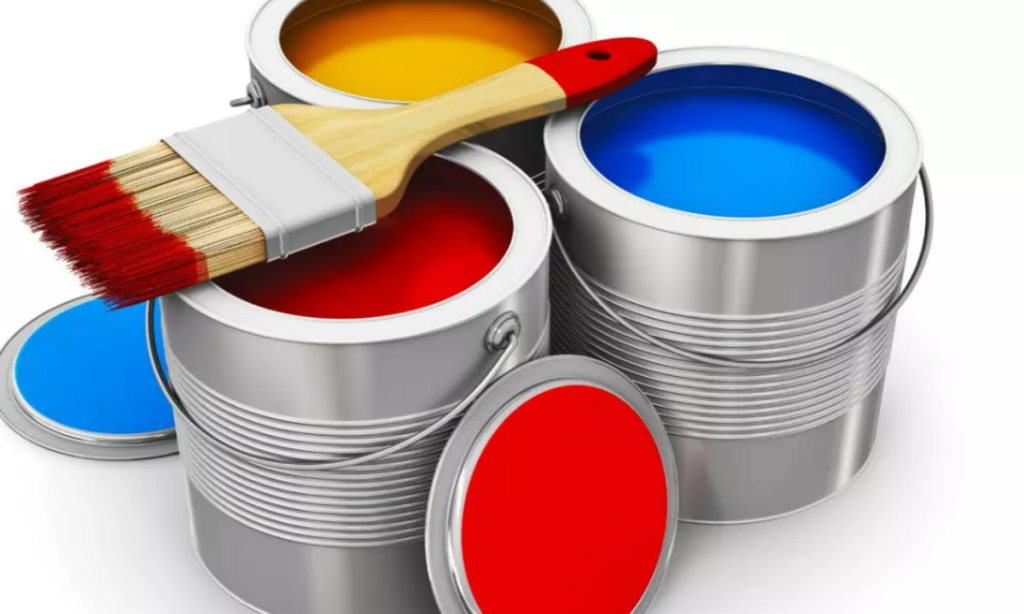
Paint cans left in cold cars can freeze, causing the ingredients to separate and clump. Once frozen and thawed, the paint becomes unusable.
10. Eggs

Eggs left in a car can freeze, crack, and spoil. Even if the shell doesn’t crack, the taste and quality of the eggs will deteriorate after freezing.
11. Cleaning Products
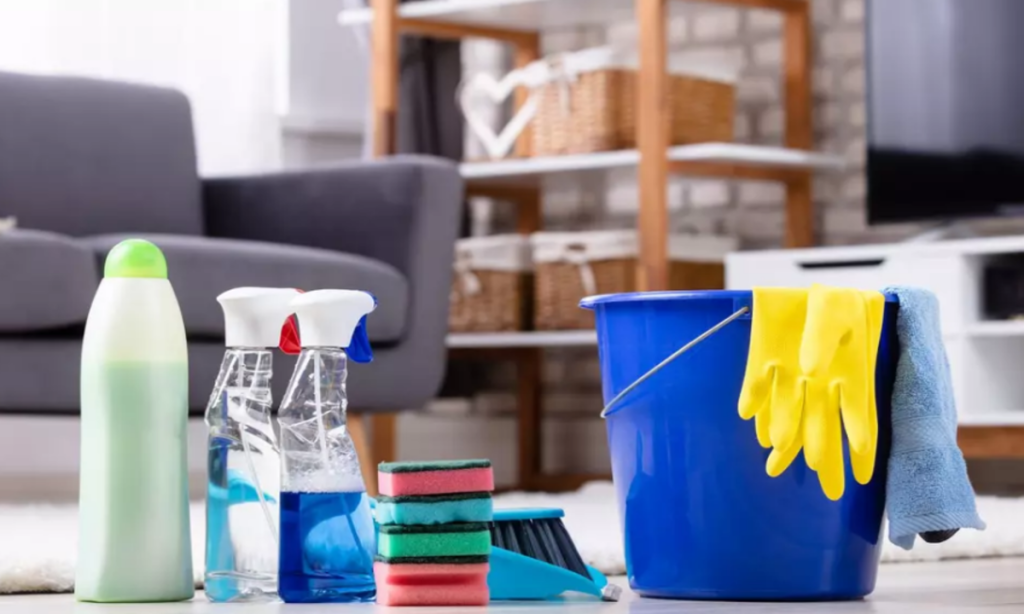
Most cleaning products are water-based, meaning they can freeze and expand in cold weather. The plastic containers can crack, and the product’s effectiveness may diminish.
12. Aerosol Cans
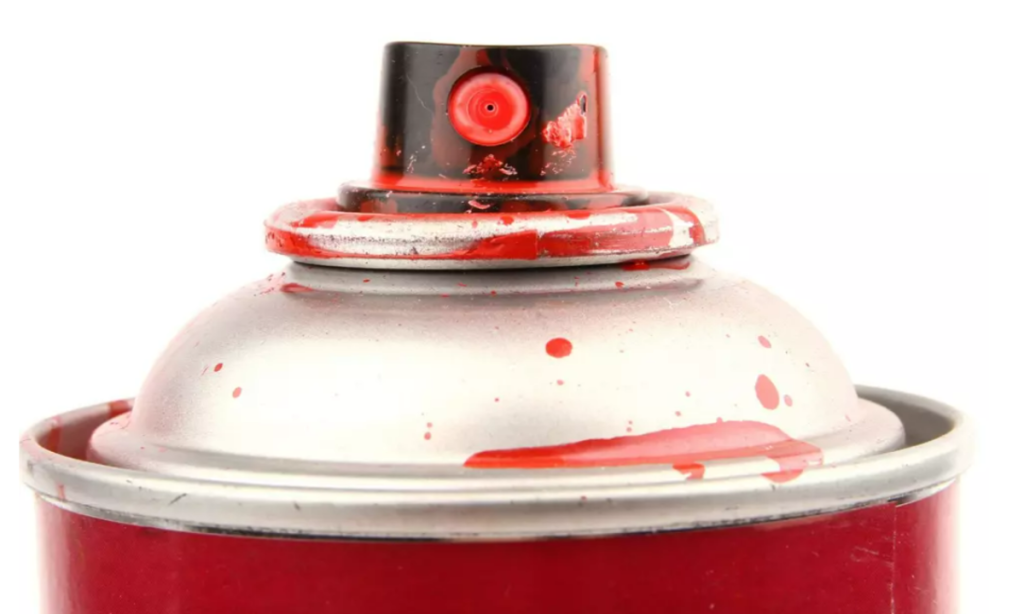
Aerosol cans, such as deodorants or sprays, can explode in freezing temperatures, creating a mess and posing a safety risk. Avoid leaving them in your car during winter.
13. Beverages

Water bottles, soda cans, and other beverages can freeze and expand, causing the containers to crack or burst. This can leave a sticky mess and render the drink unsafe.
14. Gas Cans
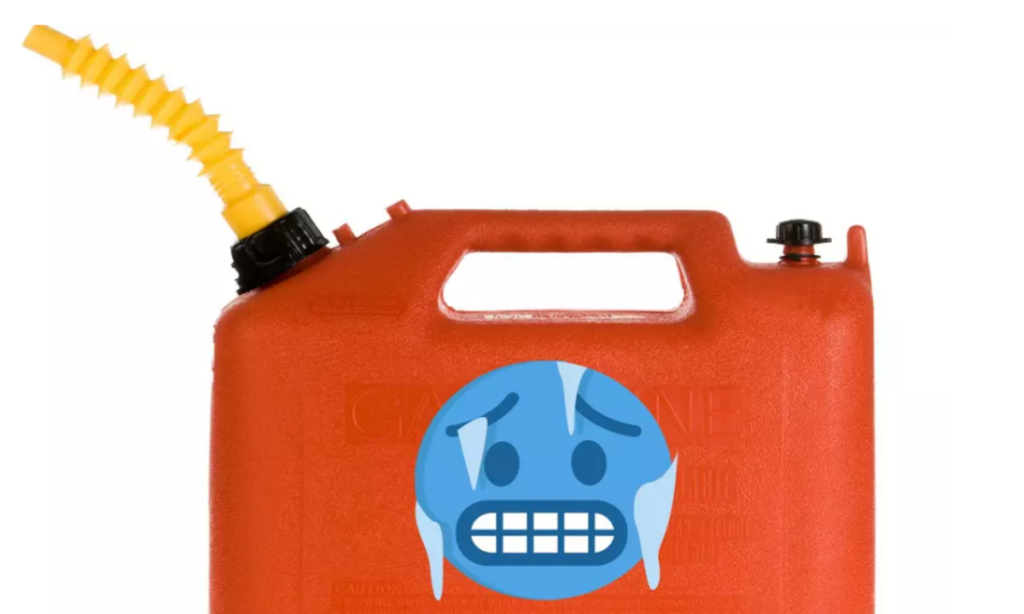
While having an emergency gas can in your car is a good idea, gasoline can freeze in extremely low temperatures. Store it in a safe, temperature-controlled environment instead.
15. Pets
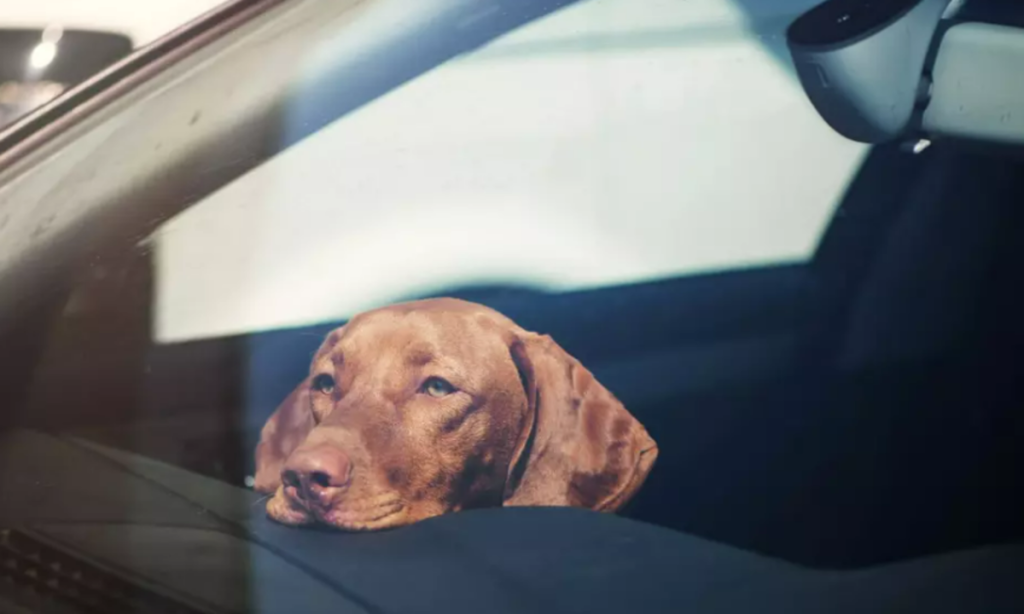
Your furry friends are at risk in a cold car, just like humans. Even with a fur coat, pets can suffer from hypothermia or frostbite. Always bring them indoors during freezing temperatures.
Winter Car Care Tips
To protect yourself and your car during winter, ensure you have a well-stocked emergency kit. The AAA Winter Emergency Kit recommends including items like sand or cat litter for traction, an ice scraper, a shovel, jumper cables, a first-aid kit, warm clothes, blankets, and non-perishable snacks. By preparing your car and knowing what not to leave inside, you can avoid unnecessary problems and stay safe this winter.
Understanding what items to keep out of your car during extreme cold will save you time, money, and potential frustration. Stay prepared, stay warm, and keep your vehicle winter-ready to make it through the season without any hiccups.
Disclaimer—Our team has checked this article to ensure its accuracy and eliminate any misinformation. We are committed to providing clear and reliable information for our readers.

